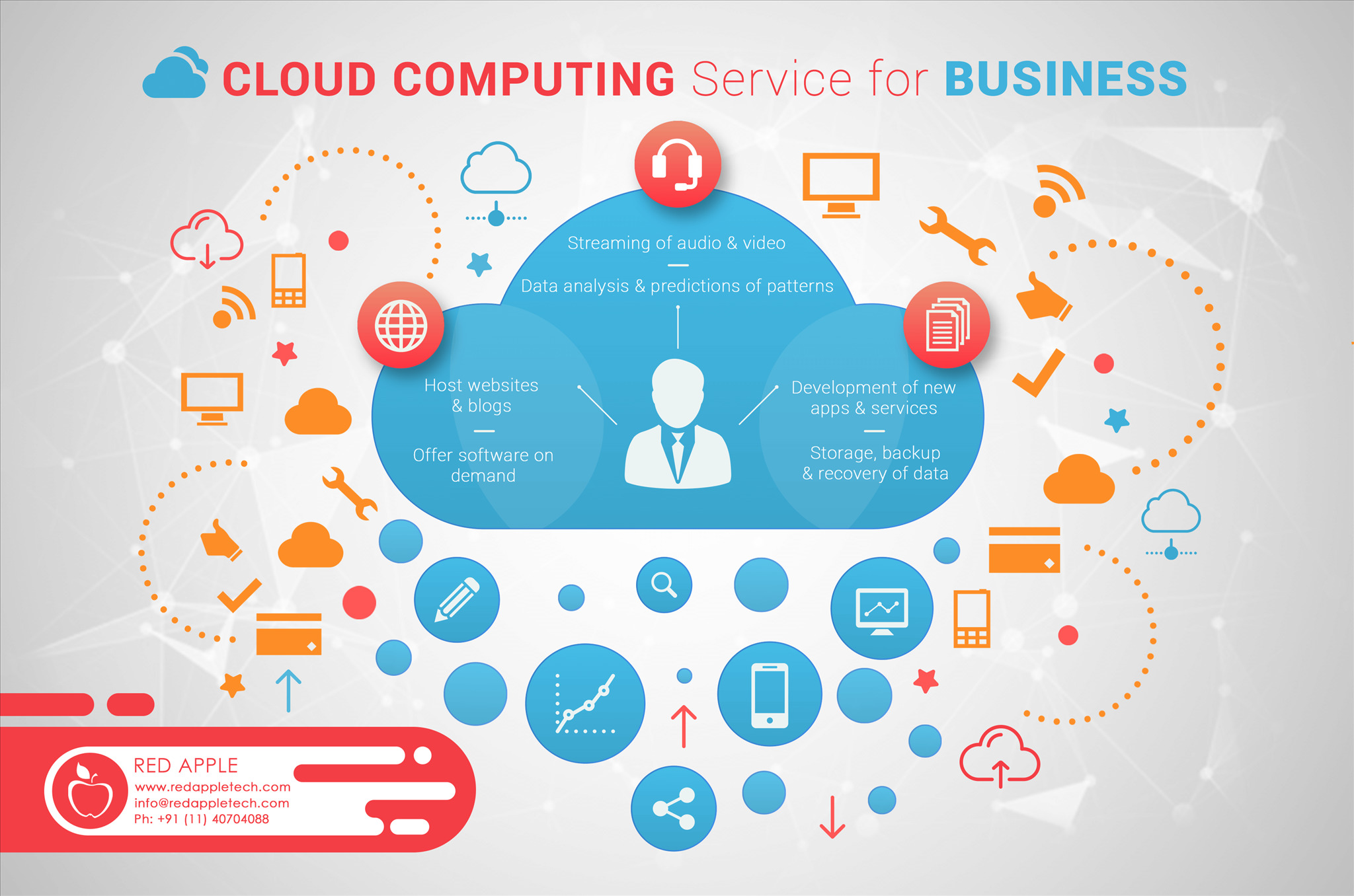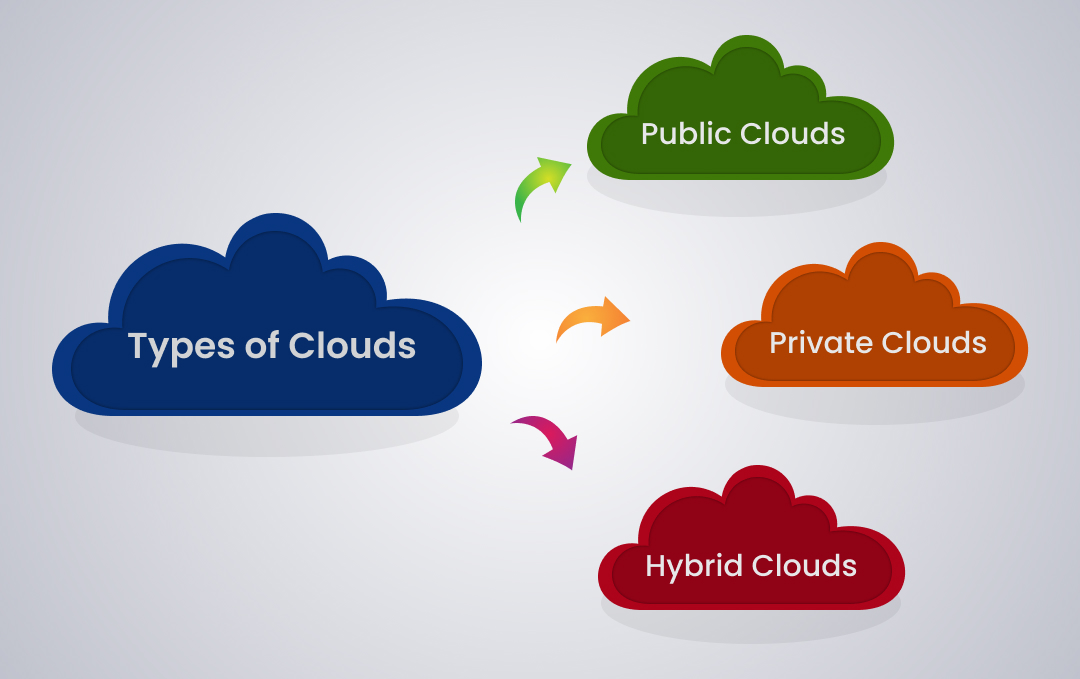Secure Your Information: Trusted Cloud Services Explained
In an age where information violations and cyber dangers loom large, the need for robust information security measures can not be overstated, particularly in the world of cloud services. The landscape of trustworthy cloud services is advancing, with encryption methods and multi-factor authentication standing as pillars in the stronghold of delicate info. Nevertheless, beyond these fundamental elements lie complex approaches and cutting-edge technologies that pave the means for a much more safe cloud setting. Comprehending these subtleties is not simply an option however a need for people and organizations looking for to navigate the digital realm with self-confidence and resilience.
Relevance of Information Security in Cloud Provider
Ensuring robust data protection actions within cloud services is critical in guarding delicate info against prospective hazards and unapproved accessibility. With the raising reliance on cloud services for saving and processing information, the need for stringent safety and security protocols has actually become much more essential than ever before. Information violations and cyberattacks position considerable risks to organizations, bring about financial losses, reputational damages, and legal ramifications.
Executing solid verification mechanisms, such as multi-factor authentication, can assist stop unauthorized accessibility to cloud information. Regular protection audits and susceptability assessments are likewise vital to recognize and attend to any type of weak points in the system immediately. Informing staff members regarding best methods for data safety and security and implementing stringent access control policies better enhance the overall protection stance of cloud services.
In addition, compliance with market policies and criteria, such as GDPR and HIPAA, is essential to make sure the security of delicate information. Security strategies, safe data transmission protocols, and information backup procedures play important functions in guarding information saved in the cloud. By focusing on information safety in cloud services, organizations can mitigate threats and develop trust with their customers.
Encryption Methods for Information Security
Reliable data defense in cloud solutions relies greatly on the application of robust security techniques to protect sensitive details from unauthorized accessibility and possible protection violations. Encryption entails transforming information right into a code to stop unapproved individuals from reviewing it, making certain that even if information is intercepted, it continues to be illegible. Advanced Encryption Standard (AES) is extensively made use of in cloud services as a result of its toughness and dependability in safeguarding data. This method utilizes symmetric vital security, where the exact same key is utilized to secure and decrypt the data, guaranteeing safe transmission and storage.
In Addition, Transportation Layer Safety And Security (TLS) and Secure Sockets Layer (SSL) protocols are frequently used to secure information during transit in between the customer and the cloud web server, providing an additional layer of protection. Security vital administration is essential in maintaining the integrity of encrypted data, making sure that secrets are securely stored and taken care of to prevent unapproved access. By executing solid encryption strategies, cloud provider can boost data defense and impart trust fund in their individuals concerning the safety of their info.

Multi-Factor Verification for Improved Safety And Security
Structure upon the foundation of robust encryption strategies in cloud solutions, the execution of Multi-Factor Verification (MFA) works as an extra layer of safety to improve the protection of delicate information. MFA calls for customers to give two or more types this of verification prior to granting access to their accounts, making it dramatically harder for unapproved people to breach the system. This authentication technique commonly involves something the individual recognizes (like a password), something they have (such as a smart phone for getting verification codes), and something they are (like a finger print or face recognition) By incorporating these elements, MFA reduces the risk of unapproved access, also if one aspect is endangered - universal cloud Service. This added security procedure is critical in today's electronic landscape, where cyber hazards are increasingly advanced. Implementing MFA not only safeguards information however likewise boosts customer self-confidence in the cloud provider's commitment to information safety and security and personal privacy.
Data Back-up and Calamity Recuperation Solutions
Information backup involves producing duplicates of data to ensure its schedule in the event of data loss or corruption. Cloud solutions offer automated back-up alternatives that routinely conserve information to protect off-site servers, reducing the danger of information loss due to hardware failings, cyber-attacks, or individual mistakes.
Regular testing and updating of back-up and calamity recovery strategies are necessary to guarantee their performance in mitigating information loss and minimizing disturbances. By executing reliable data backup and disaster recovery remedies, organizations can improve their information security position and maintain service continuity in the face of unexpected occasions.

Compliance Requirements for Information Personal Privacy
Offered the raising emphasis on information security within cloud solutions, understanding and adhering to conformity criteria for information personal privacy is vital for organizations running in today's electronic landscape. Conformity standards for information additional hints privacy include a collection of guidelines and policies that organizations should comply with to ensure the security of delicate information stored in the cloud. These standards are designed to guard data versus unauthorized accessibility, breaches, and abuse, therefore promoting depend on between companies and their customers.
One of one of the most widely known conformity requirements for information personal privacy is the General Data Protection Law (GDPR), which relates to companies dealing with the individual data of people in the European Union. GDPR requireds rigorous requirements for this content data collection, storage, and processing, enforcing substantial penalties on non-compliant organizations.
Furthermore, the Medical Insurance Transportability and Responsibility Act (HIPAA) establishes requirements for protecting sensitive client health details. Sticking to these conformity criteria not only helps companies avoid lawful effects yet also demonstrates a dedication to data privacy and safety, enhancing their credibility amongst clients and stakeholders.
Final Thought
In final thought, making certain data safety and security in cloud solutions is extremely important to securing delicate details from cyber hazards. By carrying out robust file encryption methods, multi-factor verification, and reputable information backup solutions, companies can alleviate risks of information violations and preserve conformity with data personal privacy standards. Following finest practices in data protection not only safeguards important info but additionally fosters trust with consumers and stakeholders.
In a period where information breaches and cyber hazards loom big, the demand for durable data safety and security measures can not be overemphasized, particularly in the realm of cloud services. Implementing MFA not only safeguards information but likewise boosts individual confidence in the cloud service company's commitment to information security and privacy.
Data backup includes producing copies of data to ensure its availability in the occasion of data loss or corruption. linkdaddy cloud services. Cloud solutions provide automated back-up options that regularly conserve data to safeguard off-site servers, minimizing the risk of data loss due to equipment failures, cyber-attacks, or user errors. By applying durable file encryption techniques, multi-factor verification, and reliable data backup remedies, organizations can alleviate risks of data violations and maintain compliance with data privacy criteria